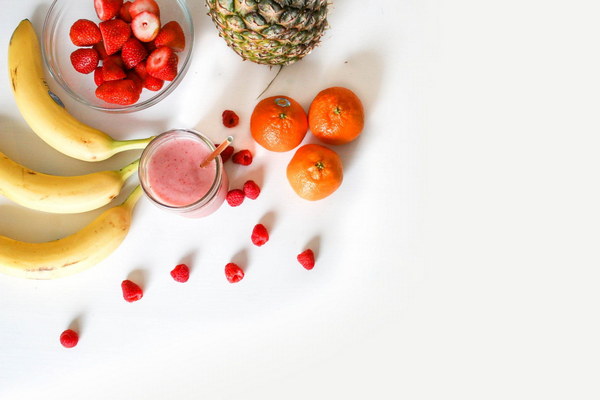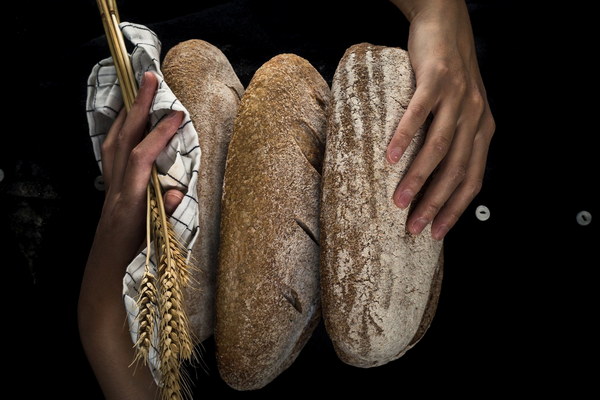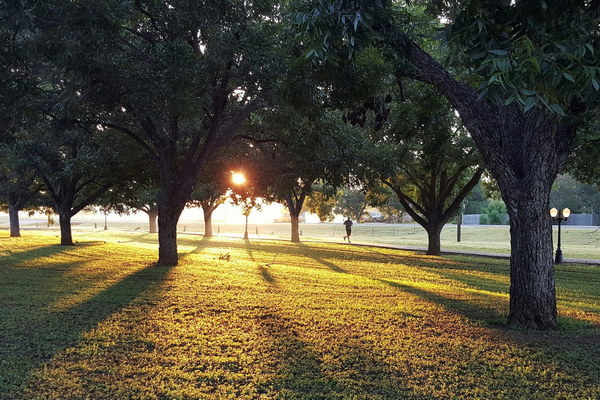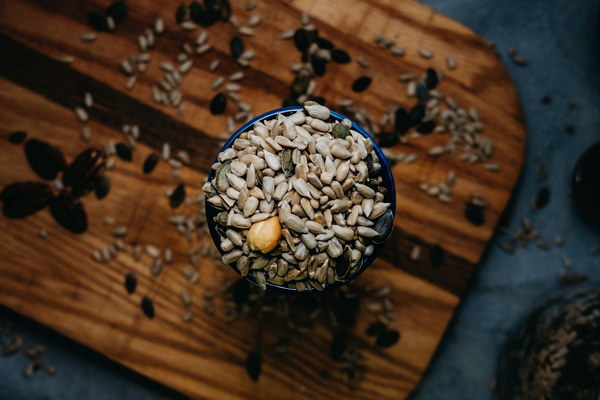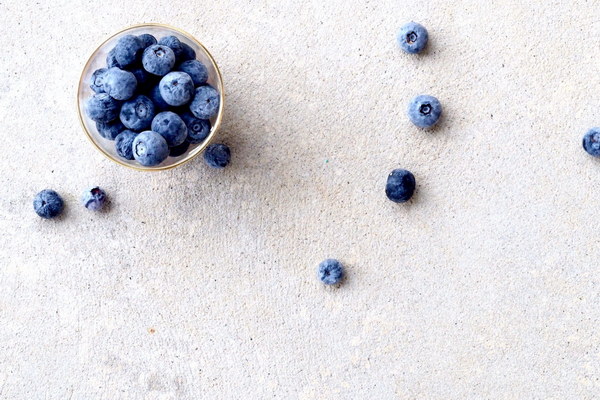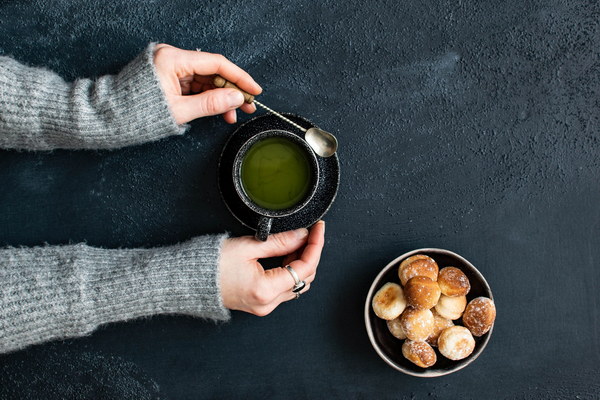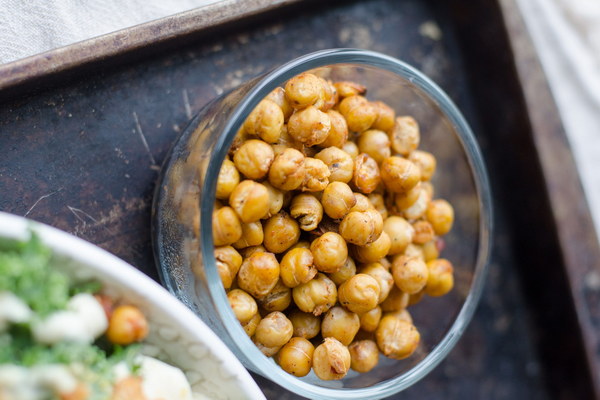Post-COVID Lung Recovery The Ultimate Guide to Clearing and Nourishing Your Lungs
Introduction:
The COVID-19 pandemic has brought with it a wave of challenges, and for those who have contracted the virus, post-infection recovery is a crucial aspect of returning to a normal life. One of the most affected organs during the illness is the lungs, which can leave many feeling short of breath and weakened. In this article, we will explore the best methods for post-COVID lung recovery, focusing on clearing and nourishing the lungs to improve overall health and well-being.
1. Consult with a Healthcare Professional:
The first step in post-COVID lung recovery is to consult with a healthcare professional. A doctor can provide personalized advice based on your specific condition and medical history. They may recommend pulmonary function tests to evaluate the extent of lung damage and to monitor progress during recovery.
2. Oxygen Therapy:
In cases of moderate to severe COVID-19, lung function can be significantly impaired. Oxygen therapy can help support the lungs and improve oxygen levels in the body. Depending on the severity of your condition, your doctor may recommend short-term or long-term oxygen therapy.
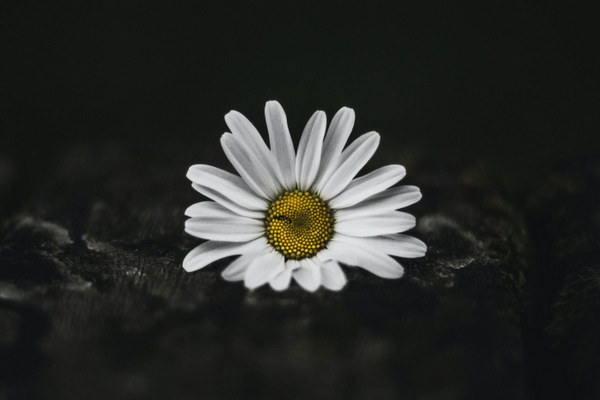
3. Breathing Exercises:
Practicing breathing exercises, such as diaphragmatic breathing, pursed-lip breathing, and chest expansion exercises, can help clear mucus from the lungs and improve lung capacity. These exercises are particularly beneficial for those who experience shortness of breath or have difficulty breathing deeply.
4. Hydrotherapy:
Hydrotherapy involves using water to improve overall health and well-being. Steam inhalation, for example, can help to loosen mucus and open up airways. Additionally, warm water immersion can reduce inflammation and soothe sore muscles, making it easier to breathe.
5. Nutritional Support:
A well-balanced diet is essential for post-COVID lung recovery. Foods rich in vitamins, minerals, and antioxidants can help strengthen the immune system and promote lung repair. Here are some key nutrients to focus on:
- Vitamin C: Found in citrus fruits, strawberries, bell peppers, and kale, vitamin C is a powerful antioxidant that can help reduce inflammation and support lung function.
- Vitamin D: Obtained from sunlight and dietary sources such as fatty fish, vitamin D is crucial for immune function and lung health.
- Omega-3 fatty acids: Found in fish, flaxseeds, and walnuts, omega-3s can reduce inflammation and improve lung function.
- Selenium: Selenium-rich foods like Brazil nuts, mushrooms, and lentils can help protect lung tissue from oxidative damage.
6. Hydration:
Staying hydrated is essential for post-COVID lung recovery. Adequate fluid intake can help thin mucus and make it easier to cough up, reducing the risk of respiratory infections. Aim for at least eight glasses of water per day, and consider incorporating herbal teas and broths into your hydration routine.
7. Avoiding Irritants:
Avoiding irritants such as smoke, dust, and chemical fumes can help prevent further lung damage and improve recovery. If you are a smoker, quitting is crucial for lung health, and if you are exposed to irritants in your workplace, consider wearing protective gear or seeking a different job.
8. Physical Activity:
Engaging in low-impact exercise, such as walking, swimming, or cycling, can help improve lung capacity and cardiovascular health. Start slowly and gradually increase the intensity and duration of your workouts to avoid overexertion.
Conclusion:
Post-COVID lung recovery requires a multi-faceted approach that combines medical care, lifestyle changes, and self-care practices. By focusing on clearing and nourishing the lungs, you can improve your overall health and well-being. Always consult with a healthcare professional before starting any new treatment or exercise regimen, and remember that patience and persistence are key to successful recovery.
